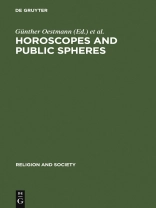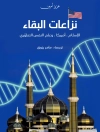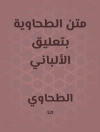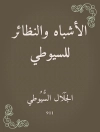Tabela de Conteúdo
G. Oestmann, H. D. Rutkin, and K. von Stuckrad: Introduction: Horoscopes and History
Part I: Horoscopes and the Public Sphere in Antiquity W. Hübner: Sulla’s Horoscope? (Firm. math. 6, 3 1, l); J.-H. Abry: What Was Agrippina Waiting For? (Tacitus, Ann. XII, 68-69); St. Heilen: The Emperor Hadrian in the Horoscopes of Antigonus of Nicaea; N. Campion: The Possible Survival of Babylonian Astrology in the Fifth Century CE: A Discussion of Historical Sources
Part II: Medieval Astrology: Muslim and Jewish Discourse D. Pingree: Māshāallāh’s Zoroastrian Historical Astrology; E. Orthmann: Circular Motions: Private Pleasure and Public Prognostication in the Nativities of the Mughal Emperor Akbar; A. Caiozzo: The Horoscope of Iskandar Sultān as a Cosmological Vision in the Islamic World; J. Rodríguez-Arribas: Historical Horoscopes of Israel: Abraham bar Hiyya, Abraham ibn Ezra, and Yosef ben Eliezer
Part III: The Use of Horoscopes in Renaissance and Early Modern Europe H. D. Rutkin: Various Uses of Horoscopes: Astrological Practices in Early Modem Europe; M. Azzolini: Reading Health in the Stars: Politics and Medical Astrology in Renaissance Milan; St. Vanden Broecke: Evidence and Conjecture in Cardano’s Horoscope Collections; K. von Stuckrad: The Function of Horoscopes in Biographical Narrative: Cardano and After; G. Oestmann: J. W. A. Pfaff and the Rediscovery of Astrology in the Age of Romanticism Epilogue P. Curry: The Historiography of Astrology: A Diagnosis and a Prescription
Sobre o autor
Günther Oestmann, Hamburg University, Germany; H. Darrel Rutkin, Villa I Tatti Florence, Italy; Kocku von Stuckrad, University of Amsterdam, The Netherlands.












